Crohn Disease Pain Management
Crohn disease pain management. The drugs usually prescribed by doctors for Crohns disease are aminosalicylates corticosteroids immunomodulators and antibiotics which work effectively to reduce the inflammation that triggers symptoms and pain. It aims to reduce peoples symptoms and maintain or improve their quality of life. These medications are generally not recommended for people with inflammatory bowel disease because of the side effects that they can cause in the digestive tract.
Intermittent partial small-bowel obstruction in Crohns disease can frequently cause pain and may necessitate a low-residue diet. This guideline covers managing Crohns disease in children young people and adults. Bile-acid malabsorption can induce diarrhea and cramping that will often respond to bile-acid sequestration.
The best way to control the pain from Crohns disease is to follow the treatment plan you and your doctor have determined is best for you. Follow-Up From Your Visit The ACPA Follow-Up tool provides you with this simple guide to ensure that you complete all the treatmentsadvicerecommendations. Taking the medications recommended by your doctor regularly and.
This interactive tool can help you with pain management goals by helping you create a picture of your pain that you can share with your health care provider when you visit. Our data emphasize the need for further work to characterize chronic pain in CD patients. Management of Crohn disease includes treatment with monoclonal antibody therapies immunomodulators and surgery.
This means you need to think about your body as a whole. The most common type of over-the-counter pain relievers are called NSAIDs non-steroidal anti-inflammatory drugs such as ibuprofen Advil or Motrin aspirin or naproxen. Population-based studies from Denmark and Minnesota suggest that between 43 and 56 of Crohns disease patients received corticosteroids in the prebiologic era and that over half of these patients were either steroid dependent steroid refractory or required surgical resection within the subsequent year 1819.
Although the goal of management is to control the inflammation and induce a clinical remission with pharmacologic therapy most patients will eventually require surgery for their disease. Narcotic use may be an indicator of more severe disease since it is associated with increased disease activity and decreased quality of life. The optimal approach depends on patient risk stratification.
One should always follow the doctors instructions in taking these medicines. Paracetamol It can be used to help with mild to moderate pain and can also help to control a high temperature.
And clinical factors including age of onset penetrating complications smoking.
This means you need to think about your body as a whole. Bile-acid malabsorption can induce diarrhea and cramping that will often respond to bile-acid sequestration. This guideline covers managing Crohns disease in children young people and adults. Narcotic use may be an indicator of more severe disease since it is associated with increased disease activity and decreased quality of life. The best way to control the pain from Crohns disease is to follow the treatment plan you and your doctor have determined is best for you. Management of Crohns Disease The medical management of Crohns disease is based on the location and severity of disease and extra-intestinal complications Table 2. Population-based studies from Denmark and Minnesota suggest that between 43 and 56 of Crohns disease patients received corticosteroids in the prebiologic era and that over half of these patients were either steroid dependent steroid refractory or required surgical resection within the subsequent year 1819. Our data emphasize the need for further work to characterize chronic pain in CD patients. Management of chronic pain requires a holistic or multidisplinary approach.
Management of Crohns Disease The medical management of Crohns disease is based on the location and severity of disease and extra-intestinal complications Table 2. Follow-Up From Your Visit The ACPA Follow-Up tool provides you with this simple guide to ensure that you complete all the treatmentsadvicerecommendations. It aims to reduce peoples symptoms and maintain or improve their quality of life. We need to treat sources of inflammation of course but we also need to consider psychological and lifestyle issues that may be contributing to your pain. There are a variety of pain relief medicines available which can help to control pain in Crohns disease and ulcerative colitis. Flare-ups are a sudden reactivation of symptoms for people living with Crohns disease. The most common type of over-the-counter pain relievers are called NSAIDs non-steroidal anti-inflammatory drugs such as ibuprofen Advil or Motrin aspirin or naproxen.

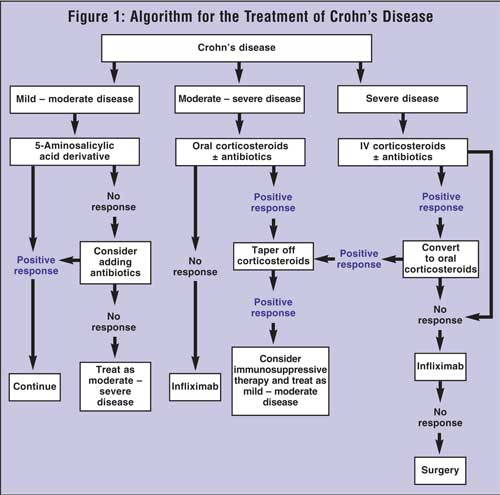
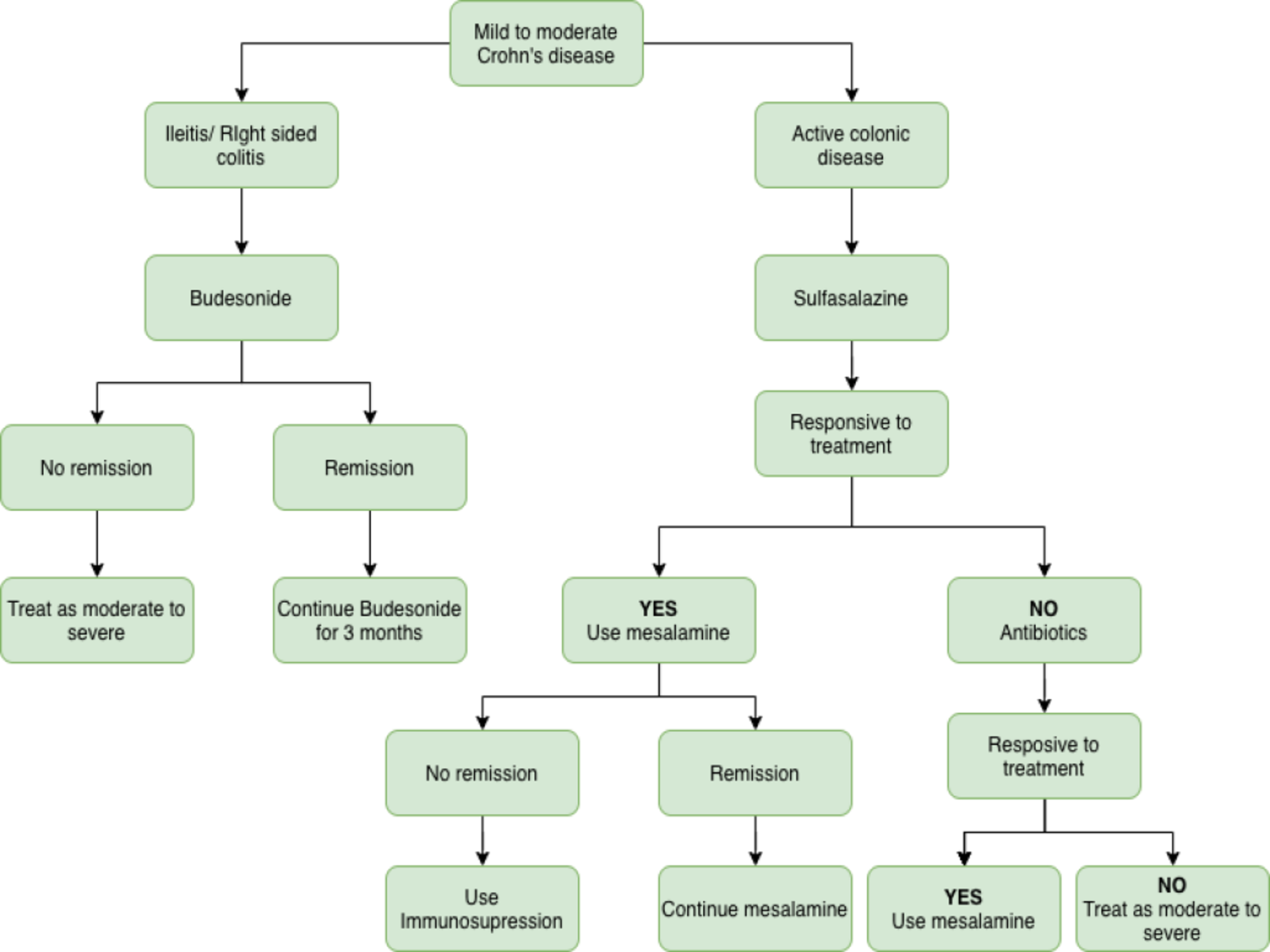






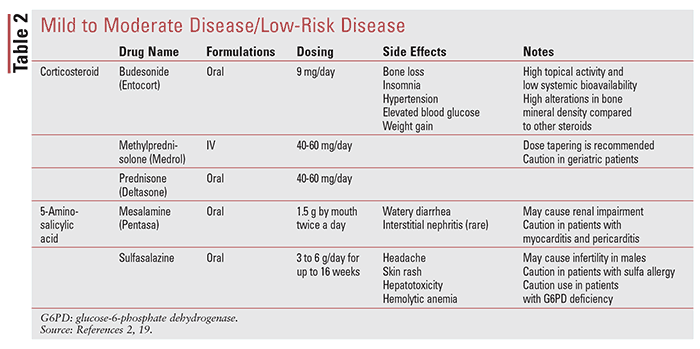



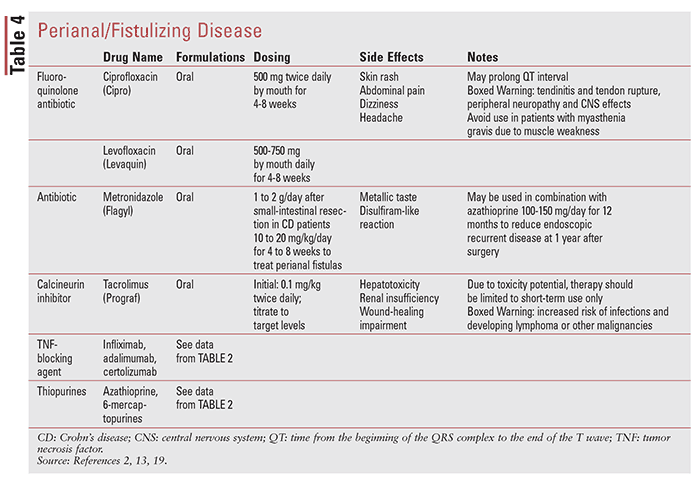

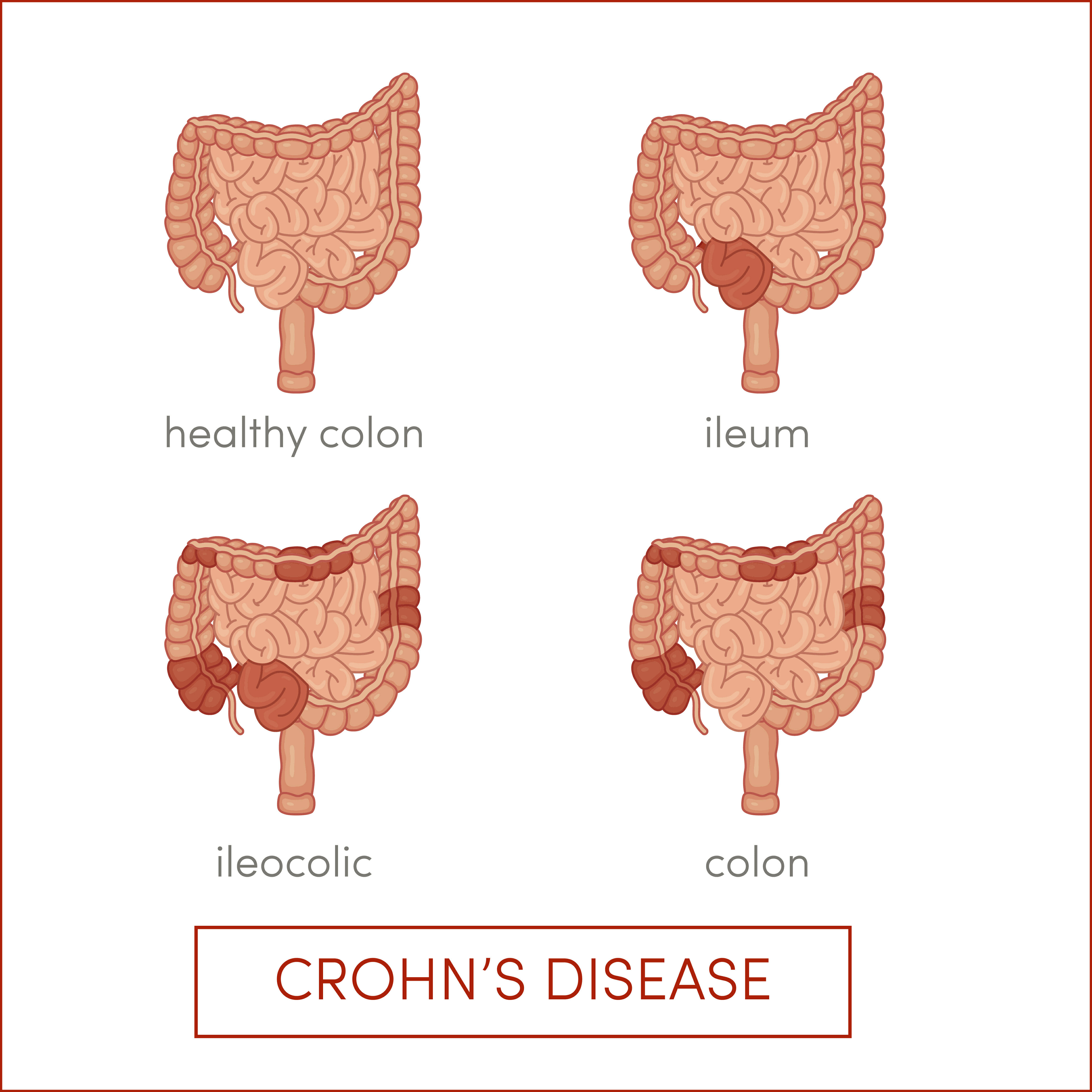
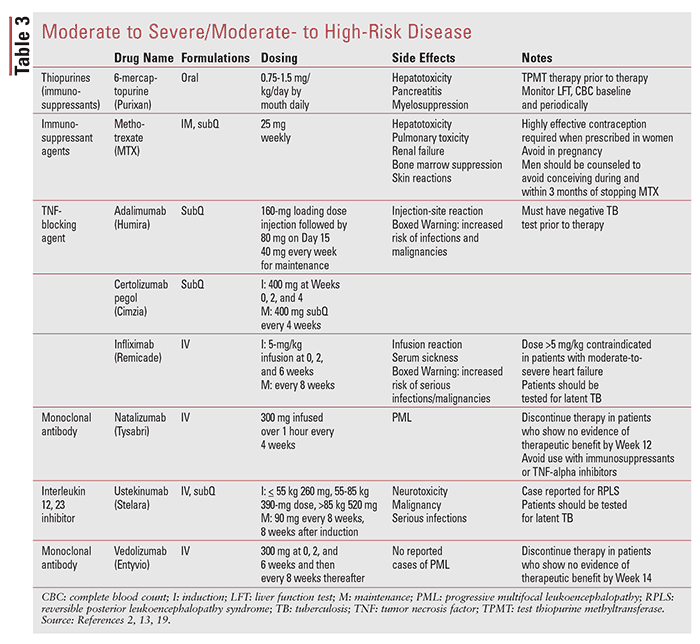



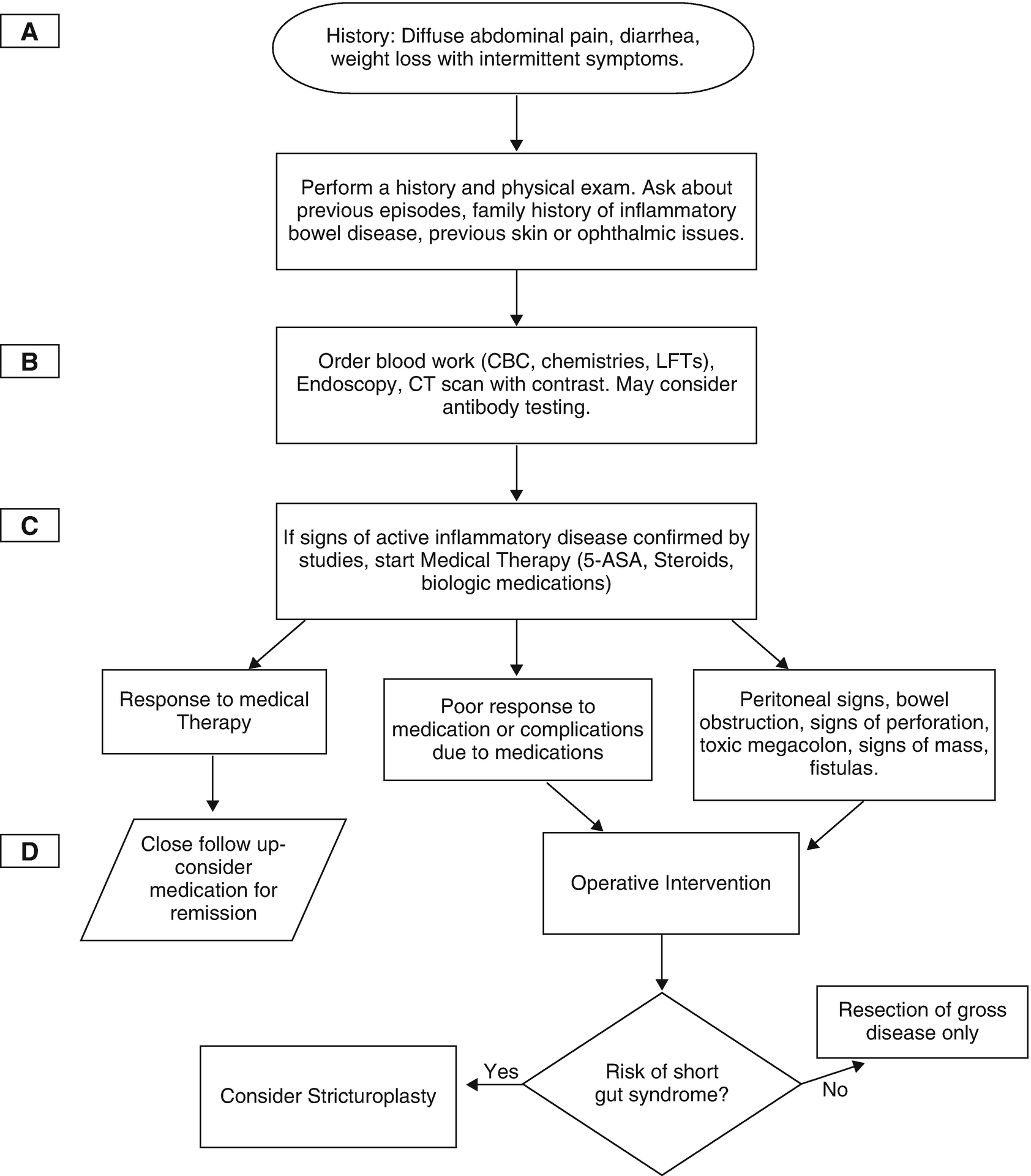
/crohns-disease-symptoms-5b310ede0e23d90036925980.png)
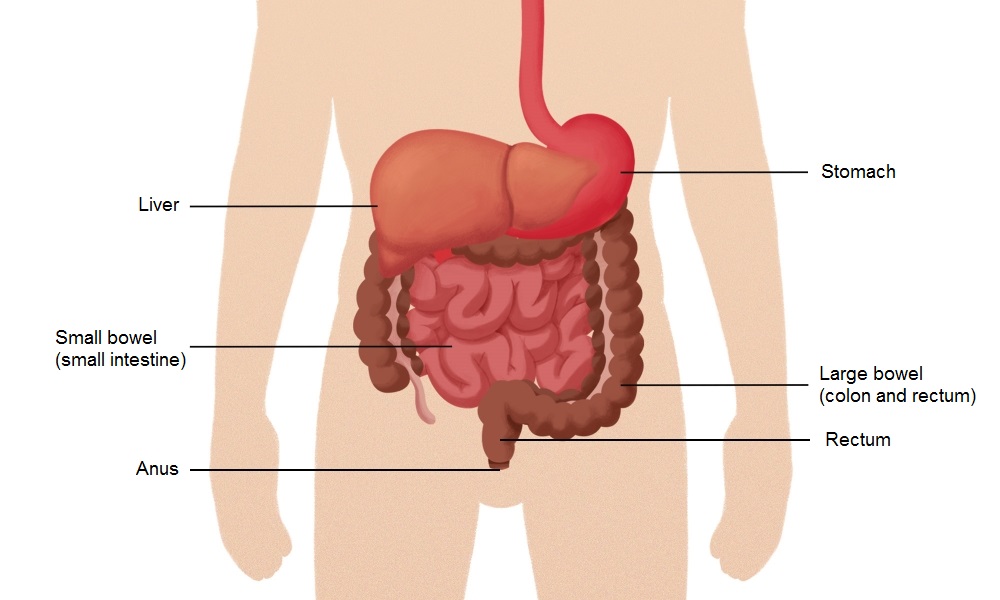

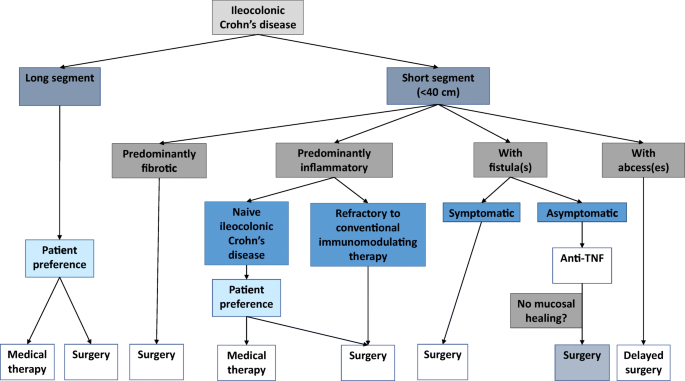
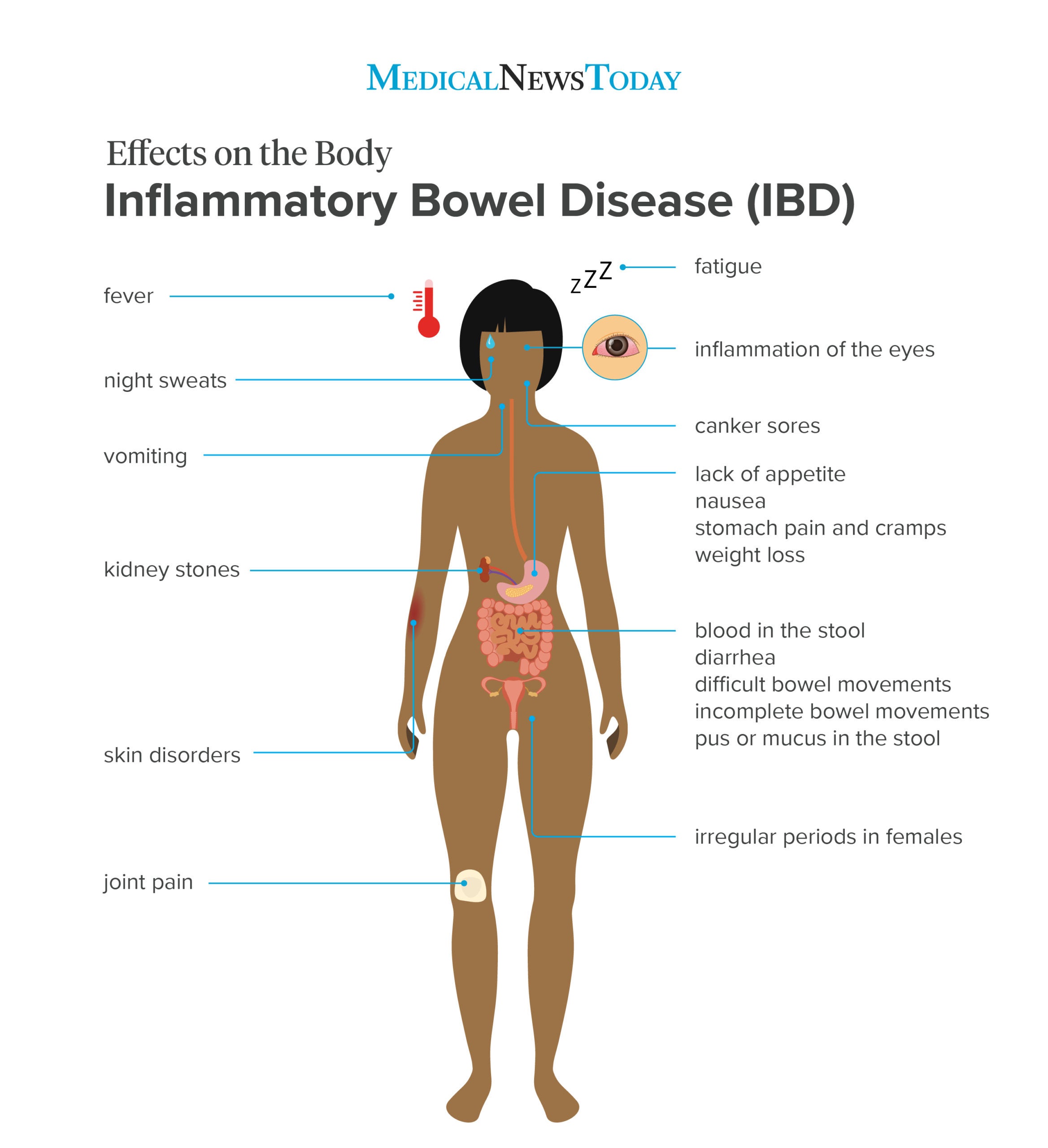
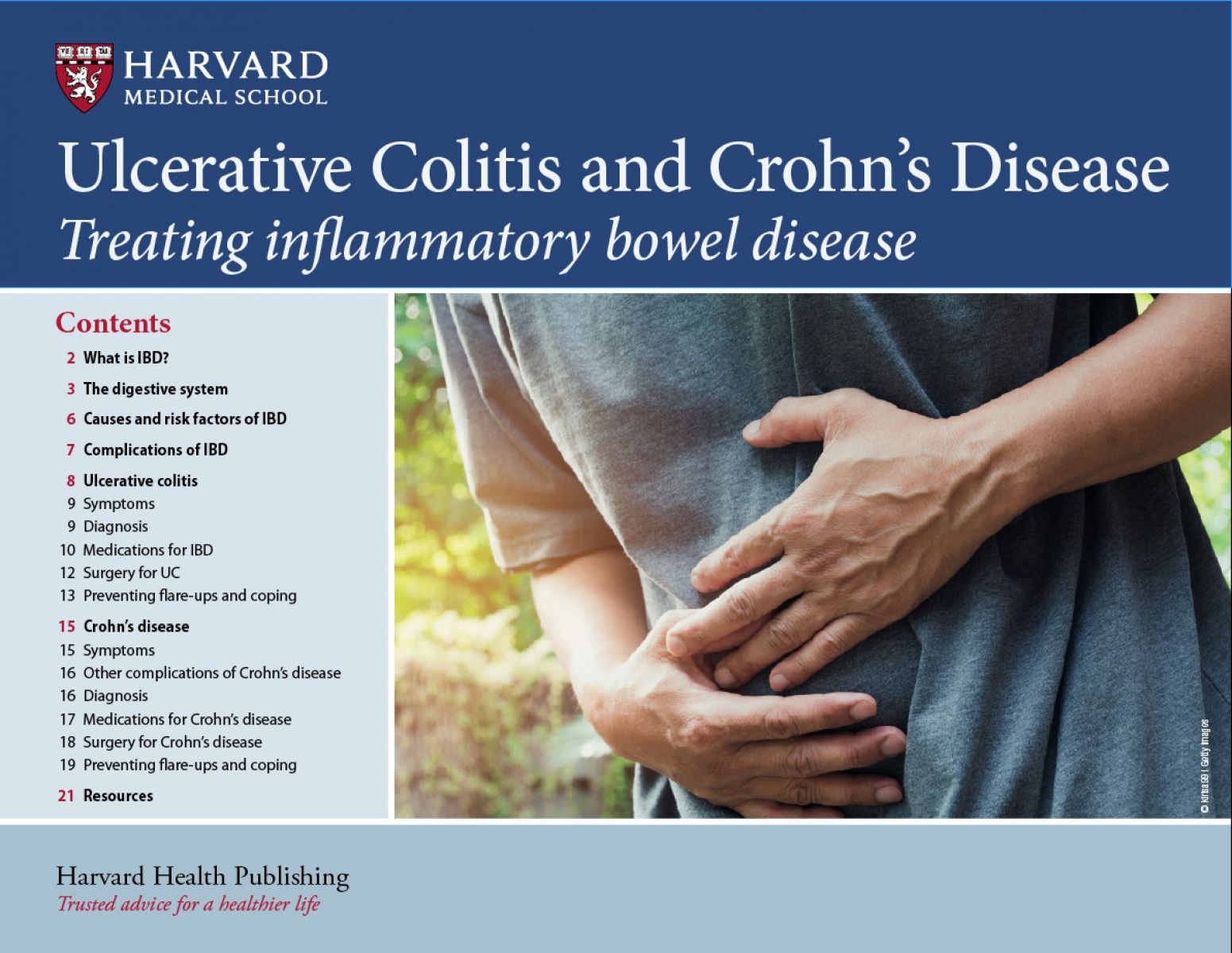






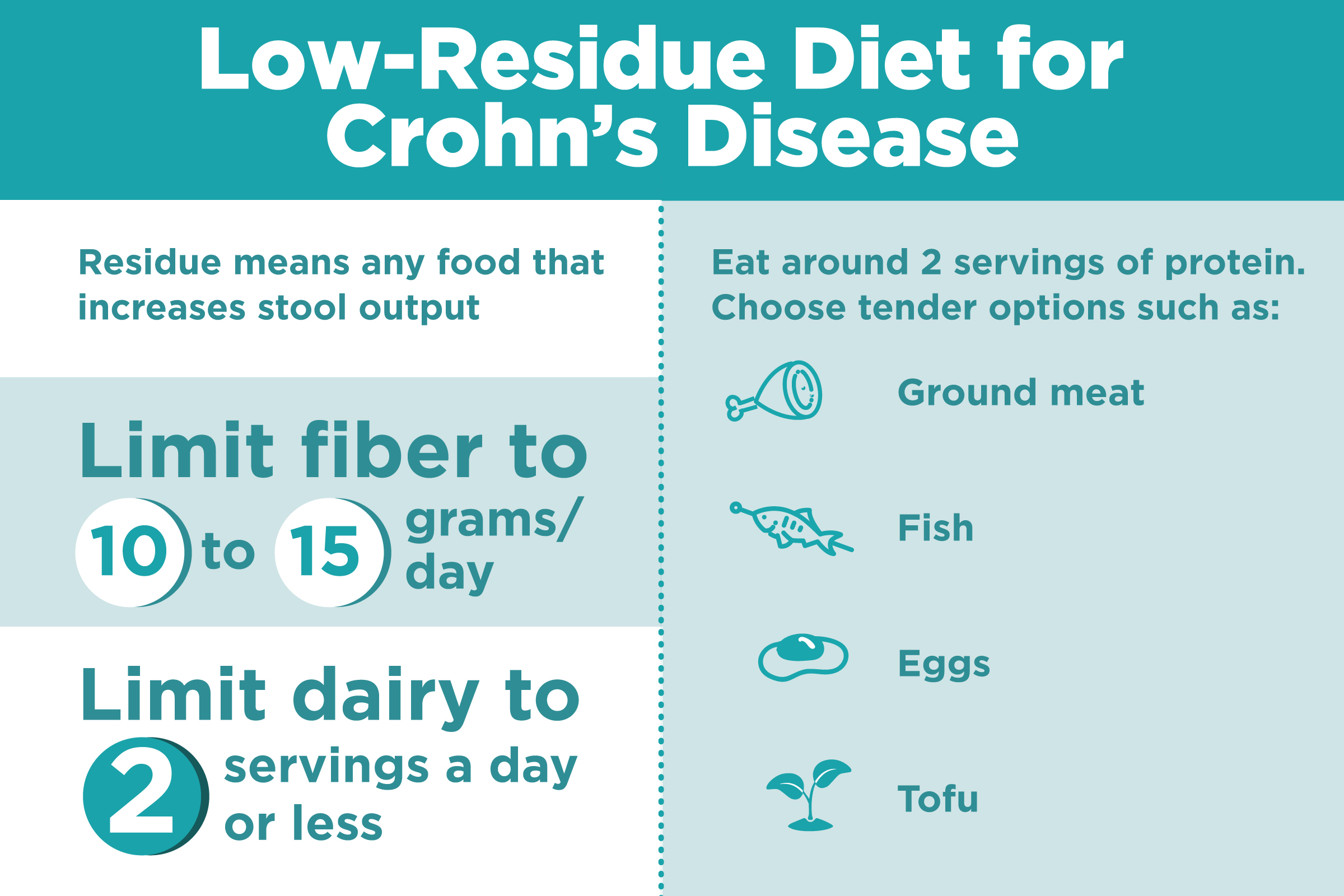
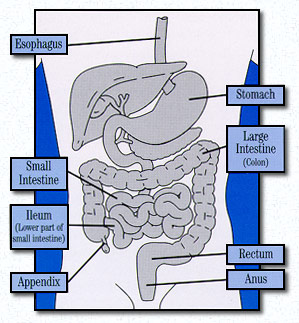
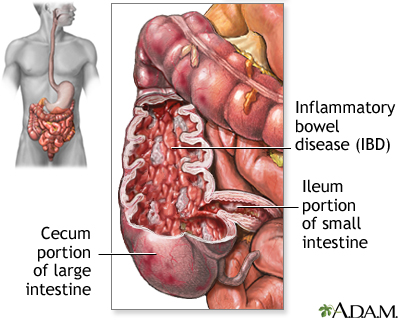





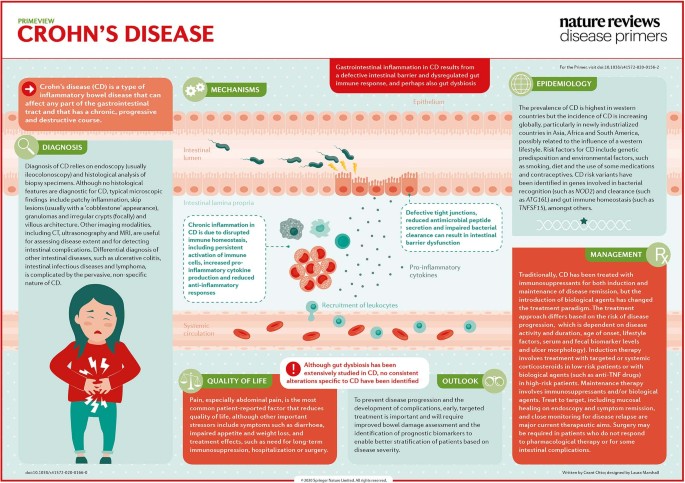
:max_bytes(150000):strip_icc()/overview-of-crohns-disease-4160960_final-9e01501adda248fcb639d68964db4ea3.png)


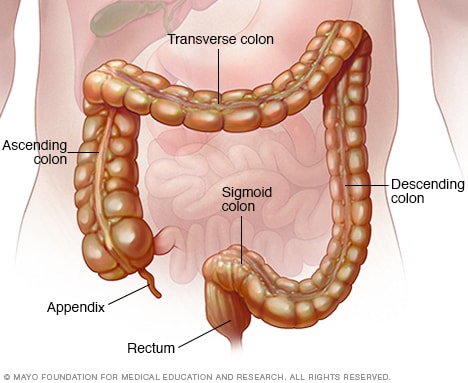
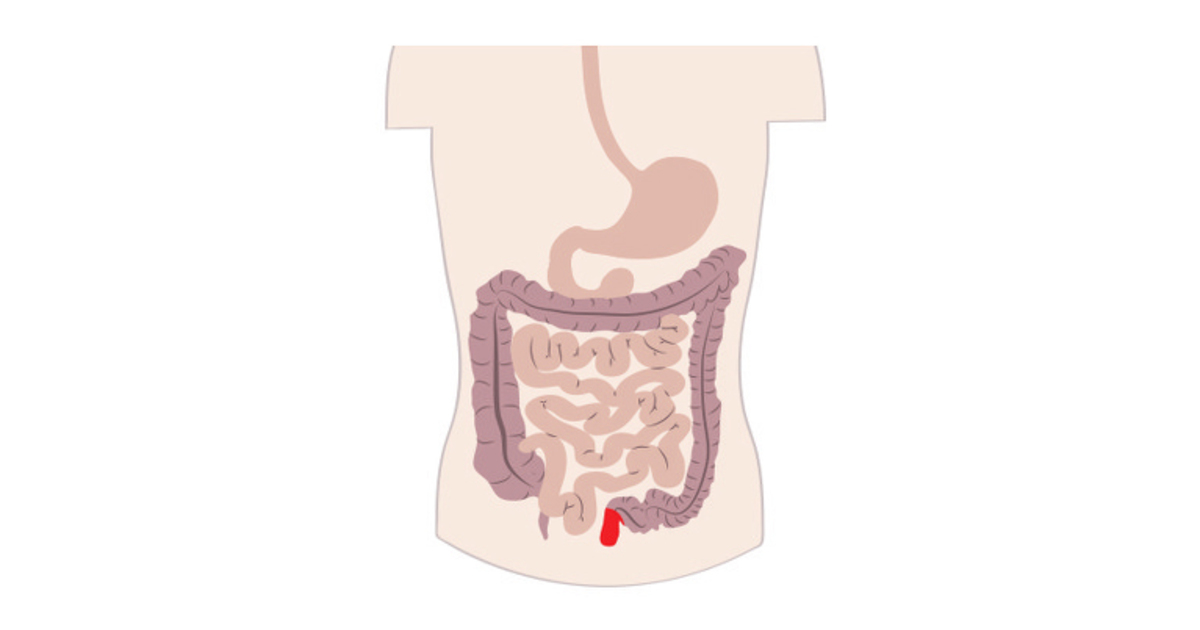
Post a Comment for "Crohn Disease Pain Management"